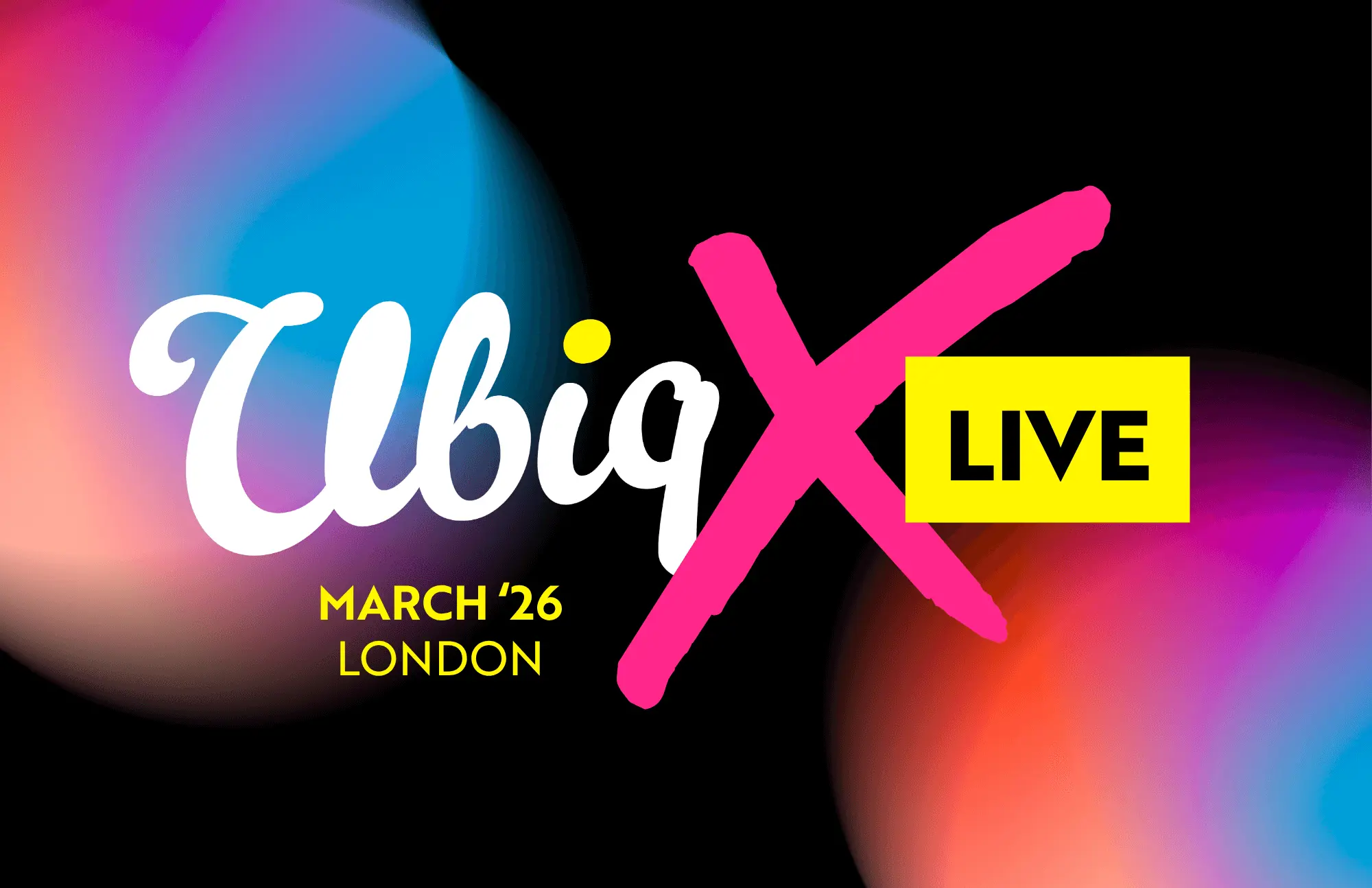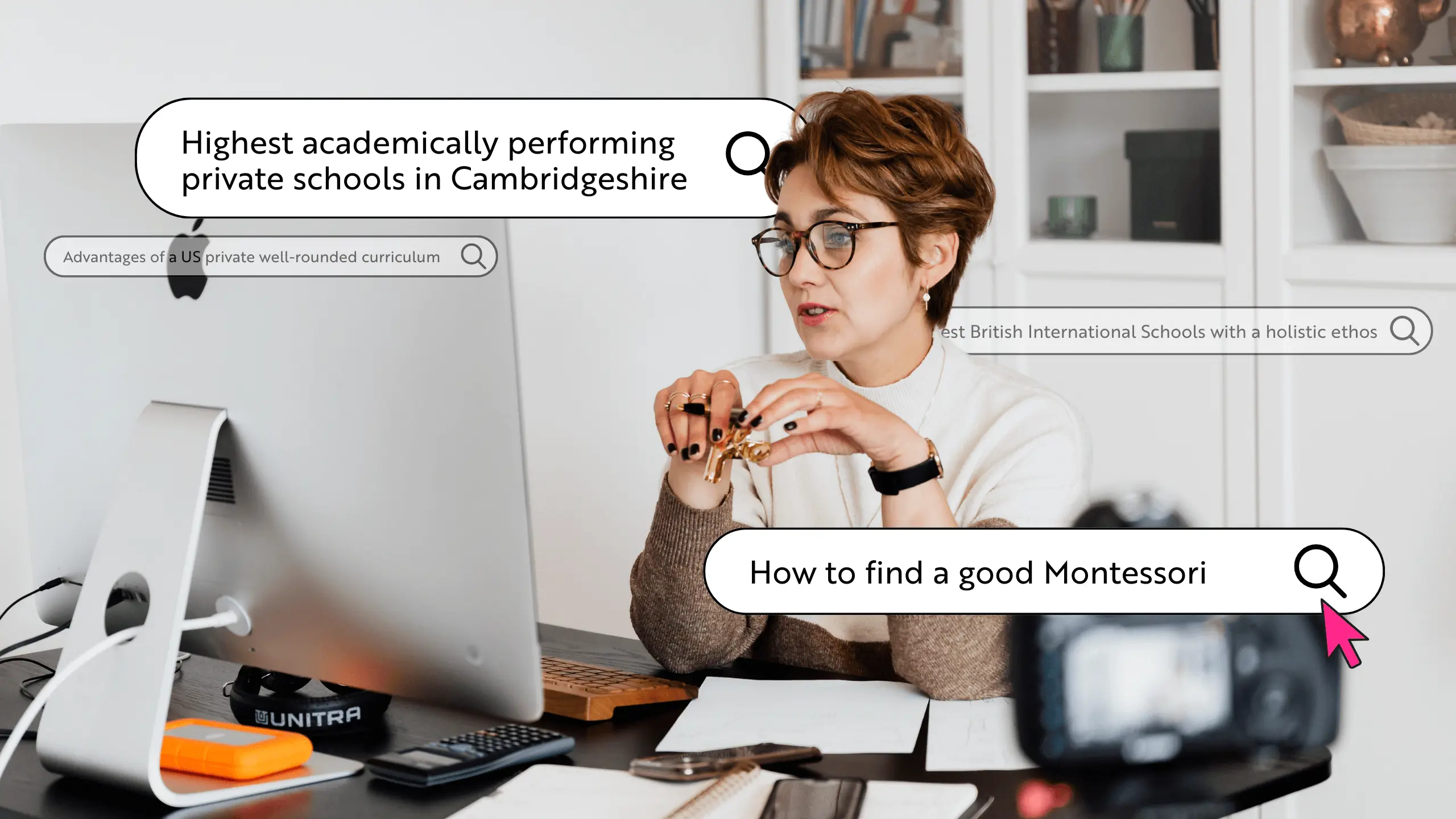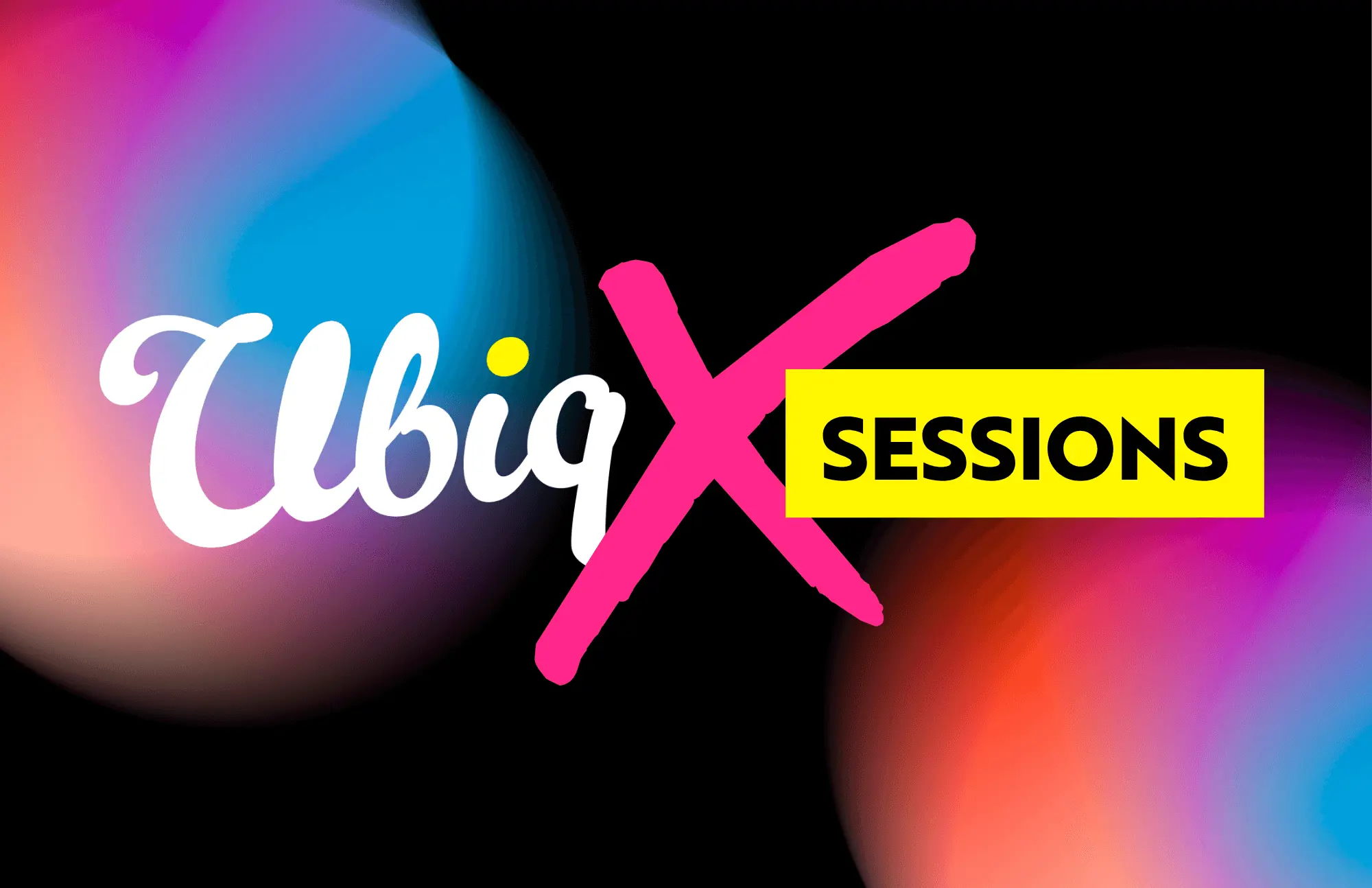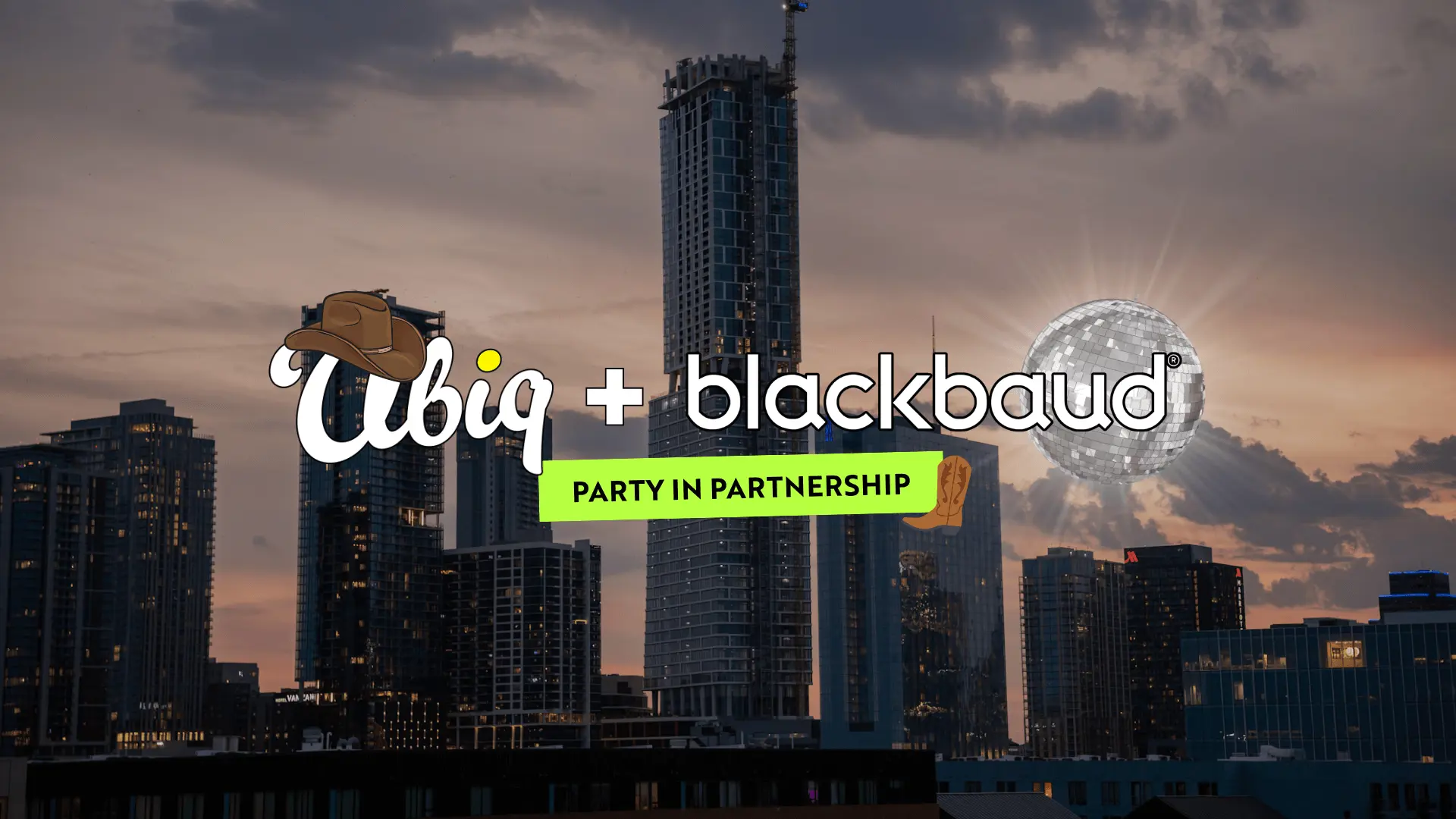As marketing experts with a grounding in behavioral science, we here at UBIQ have observed a fascinating phenomenon at play in the world of independent school selection: cognitive dissonance.
Cognitive dissonance, coined by psychologist Leon Festinger in 1957, describes the unease we feel when our behaviors clash with our values, beliefs, or self-perception. To reduce this discomfort, we engage in mental gymnastics: we might downplay the conflict, amplify new justifications, or reinterpret the facts altogether.
As you can imagine, this significantly impacts parents navigating the complex decision of where to educate their children. Understanding this concept can be a game-changer for marketers in the independent school sector. In this blog, we guide you through leveraging cognitive dissonance for growth and offer a free download with tips and tricks to overcome challenges.
The parental predicament How dissonance manifests Ethical considerations Bottom line Free resource download
The parental predicament
Choosing a school is a monumental decision, right? There’s nothing new about that. Parents want the best for their children, but "best" is subjective and multifaceted. Even though you may believe your school is the “best”. It’s important to consider all the factors at play when families make decisions about their child’s education. Academic excellence, character development, extracurricular opportunities, social environment, and even location and cost all weigh heavily. Parents often find themselves torn between different schools, each with its own set of highly personal pros and cons.
This internal conflict creates cognitive dissonance.
For example, a parent might be drawn to a school with stellar academics but worry about its competitive atmosphere. Or they might love the nurturing environment of another school but question its resources for advanced learners. This mental tug-of-war is where cognitive dissonance takes hold.
How dissonance manifests
Parents experiencing dissonance may exhibit several behaviors:
- Information Seeking: They relentlessly research schools, attend open houses, and talk to other parents, desperately seeking information to justify their preferred choice and alleviate their doubts.
- Selective Attention: They may favor information that confirms their existing biases and dismiss contradictory evidence, even if credible.
- Rationalization: They might downplay the drawbacks of their chosen school and exaggerate its advantages to convince themselves they've made the right decision.
- Post-Decision Dissonance: Even after choosing a school, parents may experience buyer's remorse, second-guessing their decision and seeking reassurance.
Ethical considerations
While leveraging cognitive dissonance can be effective, it's crucial to do so ethically. Avoid manipulative tactics or exaggerating claims. Instead, focus on providing honest, transparent, and balanced information that empowers parents to make informed decisions.
The bottom line
While aesthetics contribute to first impressions, functionality is key to sustained engagement:
- User Experience (UX): A seamless, intuitive website experience is crucial for parents. Easy navigation, clear calls to action, and mobile optimization enhance user satisfaction and encourage further exploration.
- Accessibility: Websites should be accessible to all users, including those with disabilities. Ensuring the school’s website complies with accessibility guidelines such as WCAG (Web Content Accessibility Guidelines) reflects the school's commitment to inclusivity and caters to diverse needs.
- Interactive Elements: Incorporating interactive elements like virtual tours, chatbots, and contact forms can enhance engagement and provide personalized experiences.

Daniel Clarke
CEO & Founder
Free resource
As behavioral scientists, the team here at UBIQ has long been fascinated by the psychological forces that shape life-altering decisions—particularly those involving our children. Nowhere is this tension more palpable than in the choice between public and independent schooling, something of which you or your admissions team may have experienced first-hand. In this free download, we’ll break down four key battlegrounds and explore how school marketing directors can overcome the cognitive dissonance battle.












